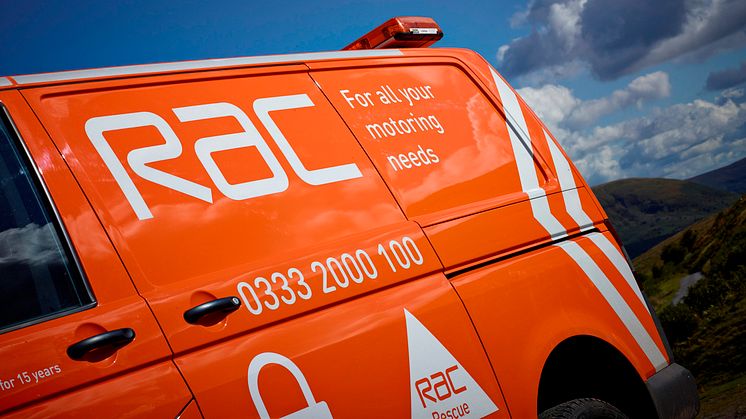
Press release -
UK is a nation of ‘have-a-go mechanics’
- 70% of Brits happy to do their own car maintenance
- One in four believe garages ‘rip-off unsuspecting motorists’
- DIY mechanics save themselves over £150 per year
- 18-24s most likely to do repair their own vehicles
Research has found that Britain is a nation of ‘have-a-go mechanics’, with more than 70% of us happy to get our hands dirty and conduct our own car maintenance. The rising cost of motoring and recent initiatives to boost understanding of engines among young drivers are both believed to have encouraged more people to get ‘under the bonnet’.
RAC’s poll of over 2,000 drivers found that almost one in four (23%) believed that garages ‘rip-off unsuspecting motorists’, with more than half saying that they would either attempt to fix a car themselves or ask for a friend’s help rather than take their motor straight to a mechanic. The most common task undertaken at home was checking and topping up oil, which more than half of drivers are happy to do themselves. However, more complex tasks such as changing a wheel (31%), fitting new brake pads (9%), switching a car battery(27%) and modifying fan belt tension (12%) are also all in a day’s work for Britain’s have-a-go handymen.
Those who had conducted their own vehicle maintenance estimated they had saved an average of £151 each in the past year, while 6% said they had saved upwards of £500. Drivers aged 18-24 were almost twice as likely as any other age group to say that car repairs were unaffordable, and it was these young drivers who were also the most likely to lift the bonnet on their car, and to describe themselves as ‘car maintenance experts’.
David Bizley, RAC Technical Director, comments: “It is great to see that Brits are taking an interest in how their vehicle works and undertaking many of the simple checks and maintenance tasks which can prevent breakdowns. However, the rising cost of motoring is obviously taking its toll on drivers, and more must be done to ensure that owning a car in the UK is affordable for all.”
Contrary to popular belief, the research shows that drivers in their teens and early twenties are in many cases more effective at preventing breakdowns than their older counterparts. Next to batteries, tyre problems are the most common cause of avoidable breakdowns, closely followed by shortages of oil: 18-24 year-olds are most likely to check their tyres more than once a week and to regularly check their oil, water and coolant levels.
And it’s not just the men getting their hands dirty. 65% of women said that they look under the bonnet of their car, with checking and changing the oil being the task most commonly undertaken.
Topics
About the RAC
First formed in 1897, the RAC has been looking after the needs of its members and championing the interests of drivers for more than 120 years.
Today it has more than eight million members and is one of the UK’s most progressive motoring organisations, providing services for both private and business motorists. Whether it's roadside assistance, insurance, buying a used car, vehicle inspections and checks, legal services or up-to-the-minute traffic and travel information – the RAC offers a solution for all motoring needs. The RAC is committed to making motoring easier, safer, more affordable and more enjoyable for drivers and road users.
The RAC is the motorist’s champion and campaigns to support the interests of its members and UK drivers at a national level. This includes voicing concerns about the increasing cost of motoring, particularly the price of fuel and the high level of tax levied on it, advancing levels of road safety, and supporting the needs of all drivers, from young to old.
The RAC’s annual Report on Motoring – first published in 1989 – is one of a kind and provides a clear insight into the concerns and issues facing today’s motorists.
For the very latest news on UK fuel prices, check RAC Fuel Watch. It provides a comprehensive guide to the latest UK unleaded petrol and diesel prices – both at the wholesale level and at the pump - and tracks these prices daily to help drivers check if the price they pay to fill up is a fair one.

